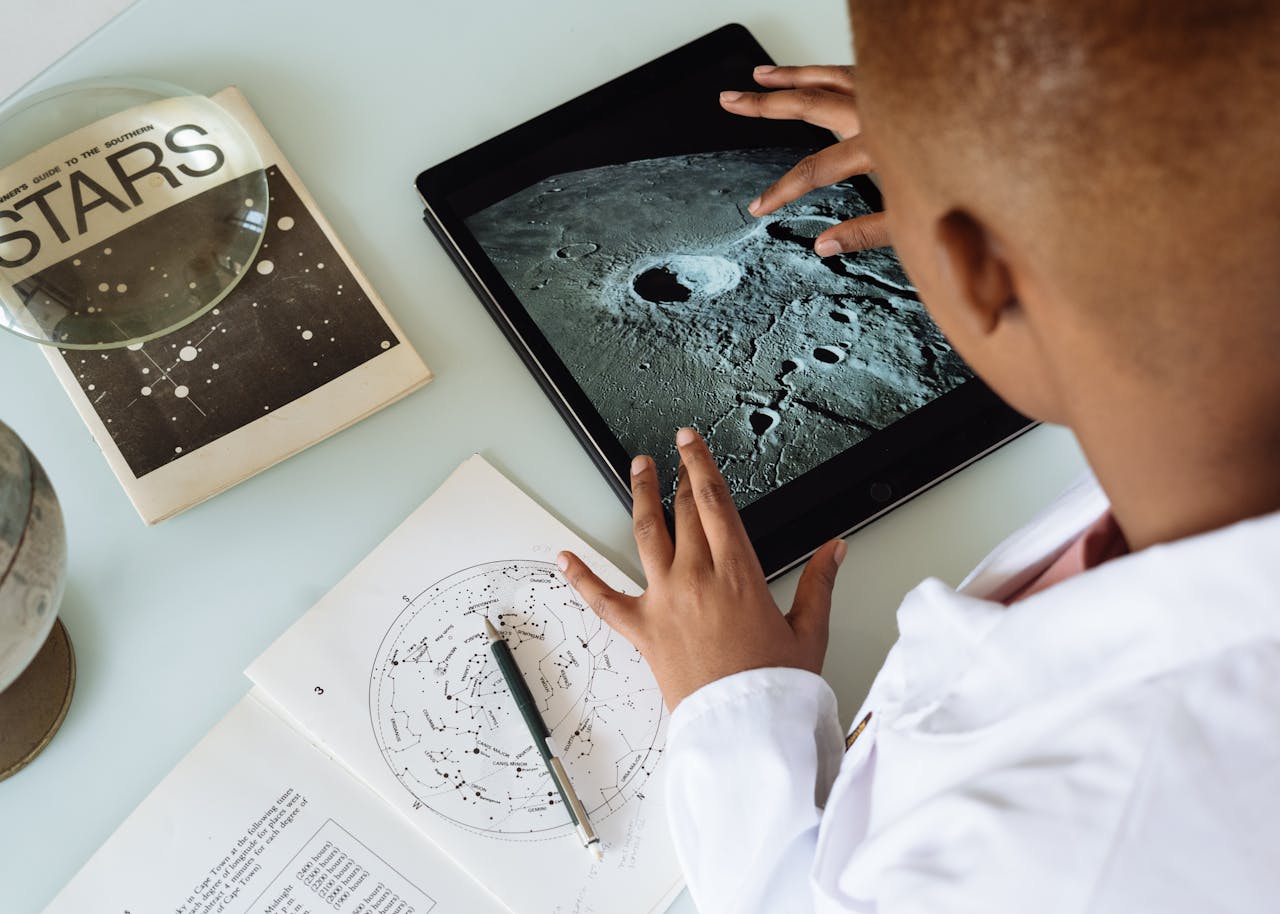Welcome to Argus Radiology and Eye Care
Experience expert laser eye surgery and comprehensive eye care solutions for enhanced vision and eye health.


Discover the Journey of Argus
Argus Radiology and Eye Care leads the way in Sydney with top-notch medical procedures, personalized treatment options, and a dedicated team.
Our Services
Explore Our Specialized Offerings
LASIK Surgery
The procedure is quick, usually pain-free, and offers rapid recovery with improved vision for most patients.

Cataract Treatment
Cataract treatment typically involves surgery to replace the cloudy lens of the eye with a clear artificial lens.

Retinal Exams
Retinal exams involve examining the back of the eye, optic nerve, and blood vessels, to detect signs of disease or damage.

Understanding the Process
From Consultation to Recovery
Consultation
Get expert guidance and evaluation from our experienced professionals.
Procedure
Undergo advanced medical procedures with precision and care.
Recovery
Experience a smooth recovery process post-surgery with our support.
Transforming Your Vision, One Procedure at a Time
Our Promise
Why Choose Argus
Expert Care
Receive exceptional care and personalized treatment options for your eye health.
Cutting-edge Technology
Benefit from the latest advancements in laser eye surgery for optimal results.
Transparent Experience
Access a user-friendly website with informative resources for a clear understanding of our services.
Patient Stories
Hear From Our Satisfied Patients


Ready to Enhance Your Vision?
Contact us today for expert laser eye surgery and comprehensive eye care solutions.

Speech Therapy in Castle Hill: Helping Kids Find Their Voice

Why Speech Therapy for Kids Is Essential in the Hills District
How to Prepare for SMILE Laser Eye Surgery: A Step-by-Step Guide
